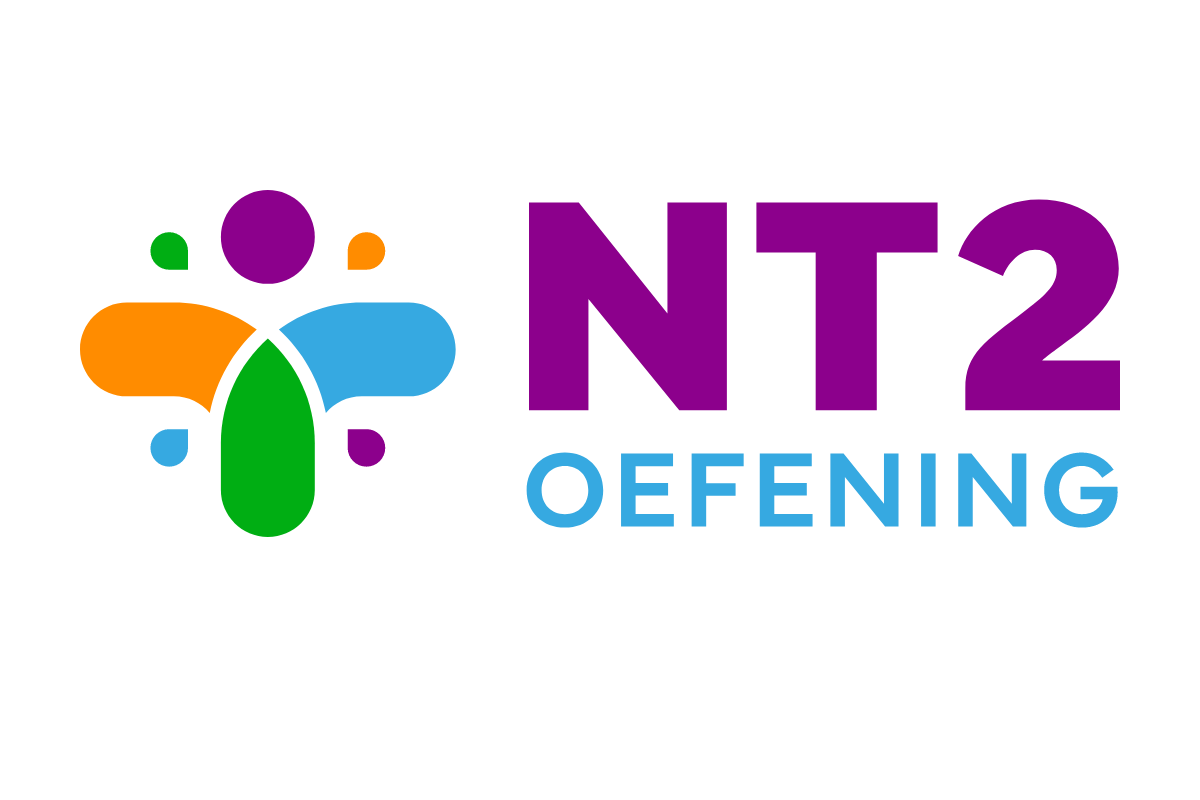Moving to the Netherlands brings many changes. New culture, new language, new rules. For many newcomers, the Inburgering speaking exam is an important step. Because this exam is part of the integration process. If you want to live, study, or work here, you need to pass it.
The speaking exam checks your ability to speak Dutch in daily life. You get short tasks and questions. Sometimes you have to answer fast. Sometimes you explain something simple. It may seem hard at first. However, with the right tips and tricks, you can achieve.
Now, you will find useful advice to help you prepare. These tips are based on real exam experience. They will help you speak clearly and with more confidence. If you are also working with Nt2 oefening, these suggestions will support your progress.
Understand the exam first
Before we look at the tips, let’s understand the exam. You answer short questions. You describe situations. Also, you give opinions. And, you may only have 15 to 30 seconds to speak. So, speaking clearly and staying on topic are very important.
Now, let’s look at some helpful tips.
🔹 Speak with the right timing
If the task gives you 15 seconds, plan your words. Don’t talk too much. Give 2–3 strong, short sentences.
🔹 Use easy and correct Dutch
Don’t try to impress with big words. So, use simple words that fit the situation. Speak like you are talking to a friend.
🔹 Avoid foreign words
Say “baas” instead of “boss”, or “en” instead of “and”. Foreign words can lose you points.
🔹 Articles matter
Use de, het, or een before nouns. Even at B1 level, forgetting them lowers your score.
🔹 Make small grammar mistakes? That’s okay!
Mixing up de and het is not a big problem at this level. But use them when you can.
🔹 Sound natural
Don’t memorize long answers. Examiners can see that. Therefore, use your own words. Talk like you do in real life.
🔹 Match your answer to the question
If the question is about the weather, don’t talk about your weekend plans. Stay focused.
🔹 Use correct verb forms
Learn the difference between ik heb gewerkt and ik werkte. Know your regular and irregular verbs. Wrong verb forms cost points.
🔹 Speak in active sentences
Use direct language. Instead of “Het eten wordt gemaakt door mijn moeder,” say “Mijn moeder maakt het eten.”
🔹 Practice with real-life topics
Talk about cooking, shopping, going to the doctor. Because these are common topics in the exam.
🔹 Pay attention to tone
Use formal words when needed. Know when to say u instead of jij.
🔹 Record and listen to yourself
This helps you hear your mistakes and improve.
🔹 Learn from small errors
If you say “ik tanden schoonmaak” instead of “ik poets mijn tanden,” learn from it. Choose words that Dutch speakers use.
Keep practicing with purpose
To get better, practice every day. Talk to friends in Dutch. Record your answers. Review nt2 oefening practice tests. Use them to check your grammar and build your vocabulary.
Also, practice tasks from inburgering writing exam practice and turn them into speaking tasks. Writing helps speaking!
Many of the words and structures you use here are also useful for the dutch a2 writing exam sample and dutch listening exam practice.
Final words
The Inburgering speaking exam may feel scary. But with daily practice and smart tips, you can pass. Focus on clear, simple speech. Use the correct words. And practice with Nt2 oefening.
Remember: Stay calm, stay focused, and speak naturally. Every year, thousands pass the Inburgering speaking exam. And, you can be one of them. Good luck!
🎧 Getting ready for the listening exam? Then, don’t miss these helpful strategies to boost your score: Tips to Pass the Inburgering Listening Exam
Also, start preparing for the Dutch job market with this step-by-step guide: Orientation on the Dutch Labour Market – Oriëntatie op de Nederlandse Arbeidsmarkt (ONA)
Disclaimer:
This blog is for informational and awareness purposes only. The content can be verified from other sources. The author accepts no legal responsibility for any decisions made based on this information.

